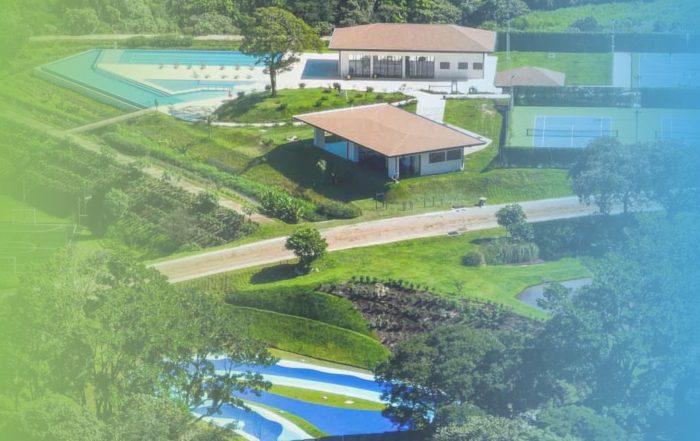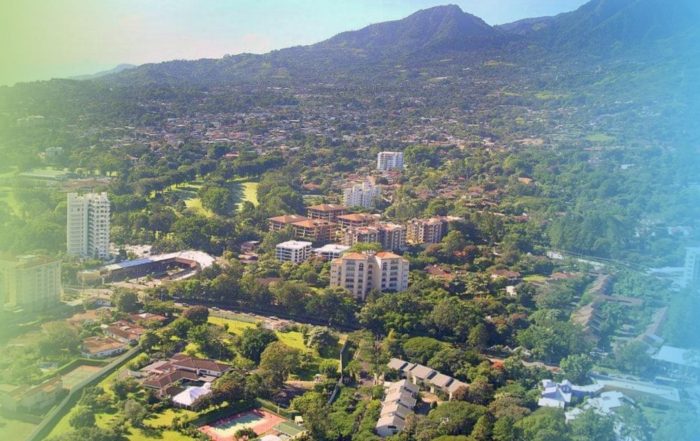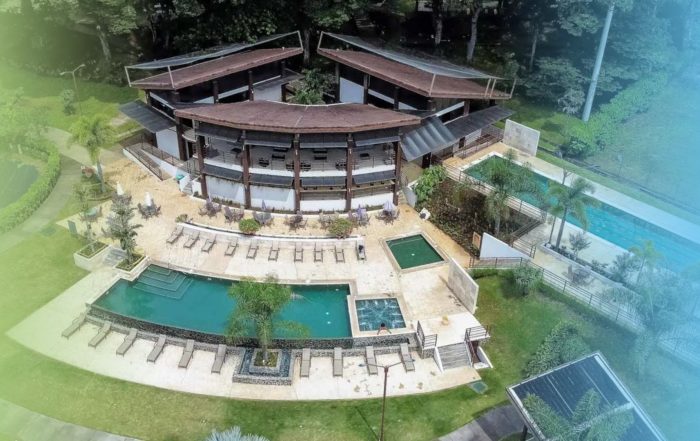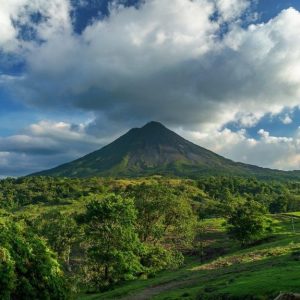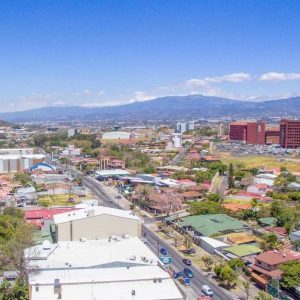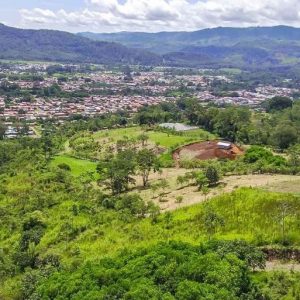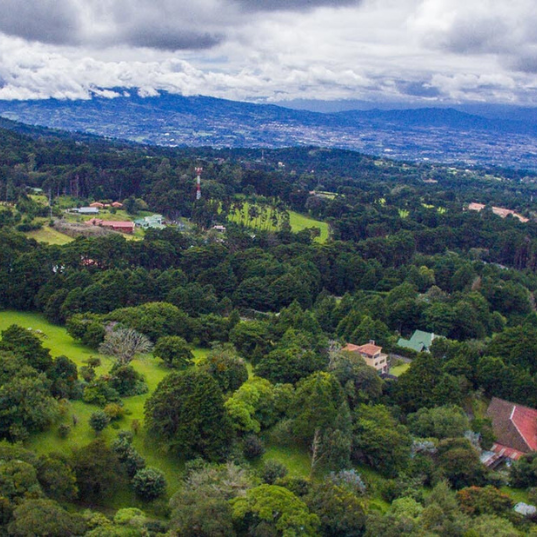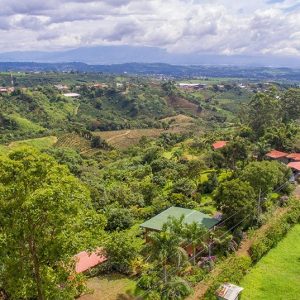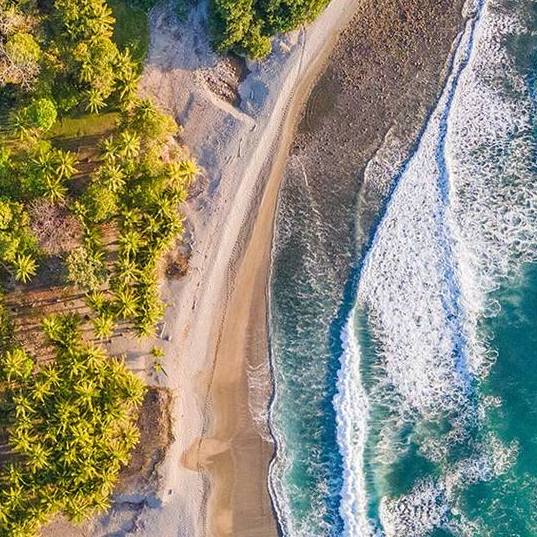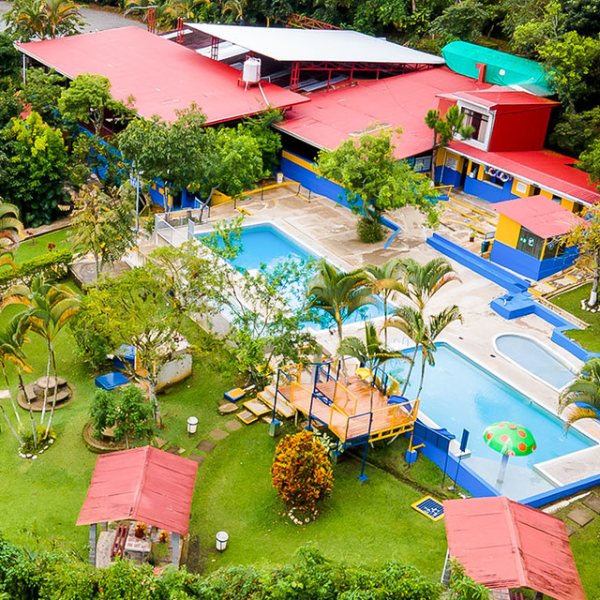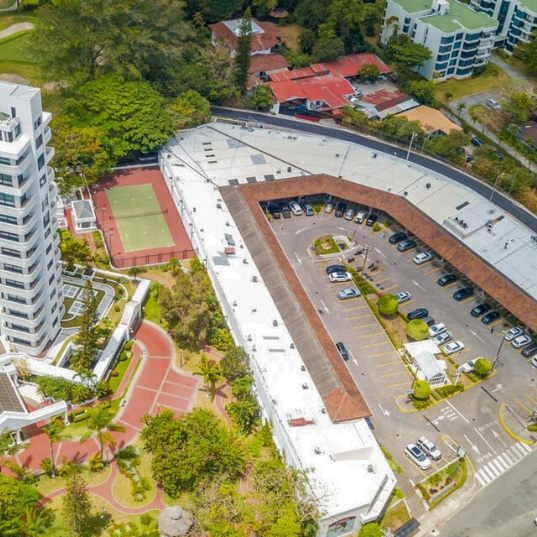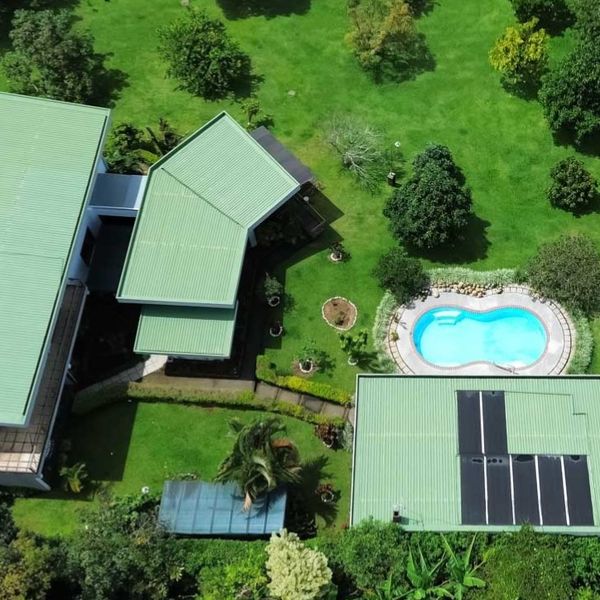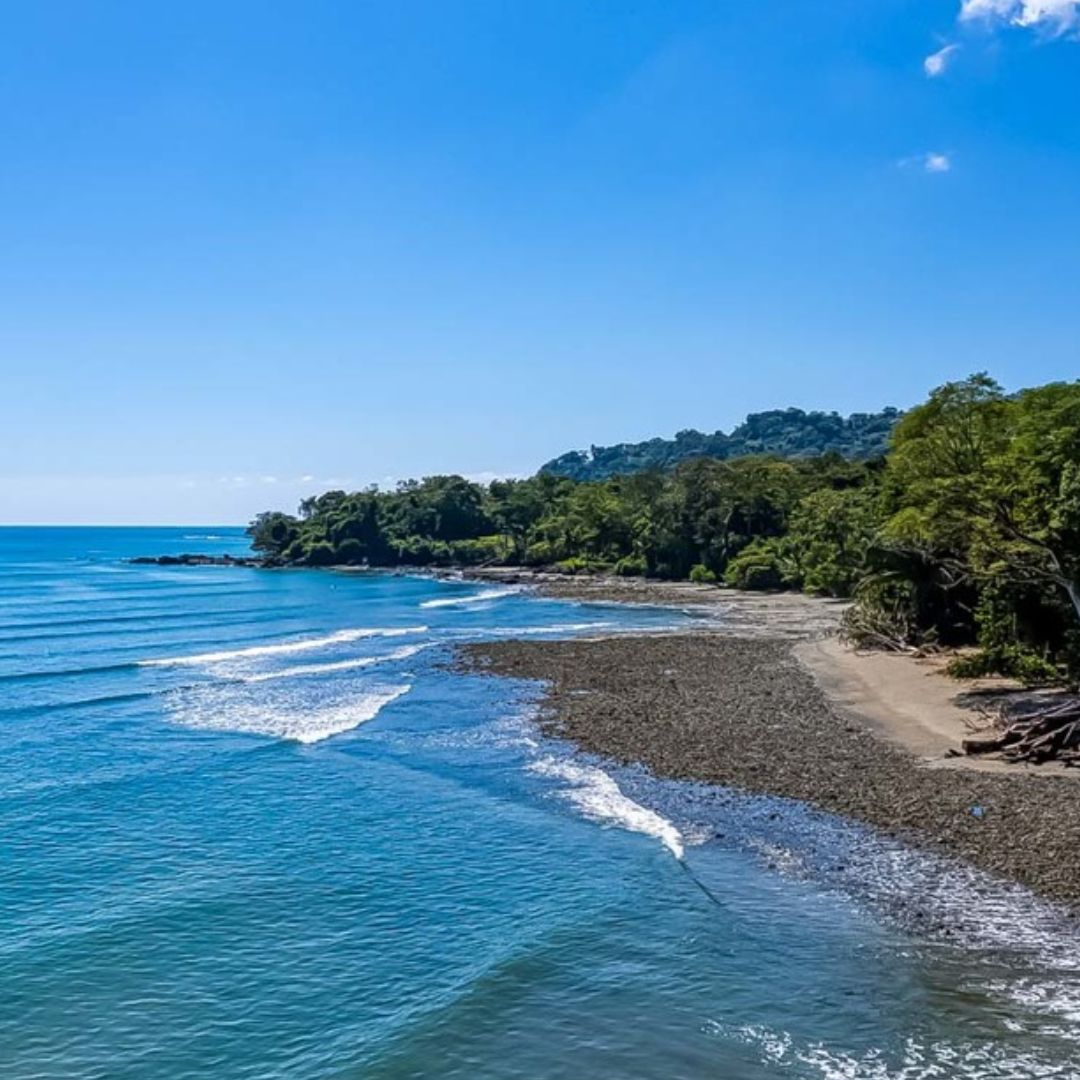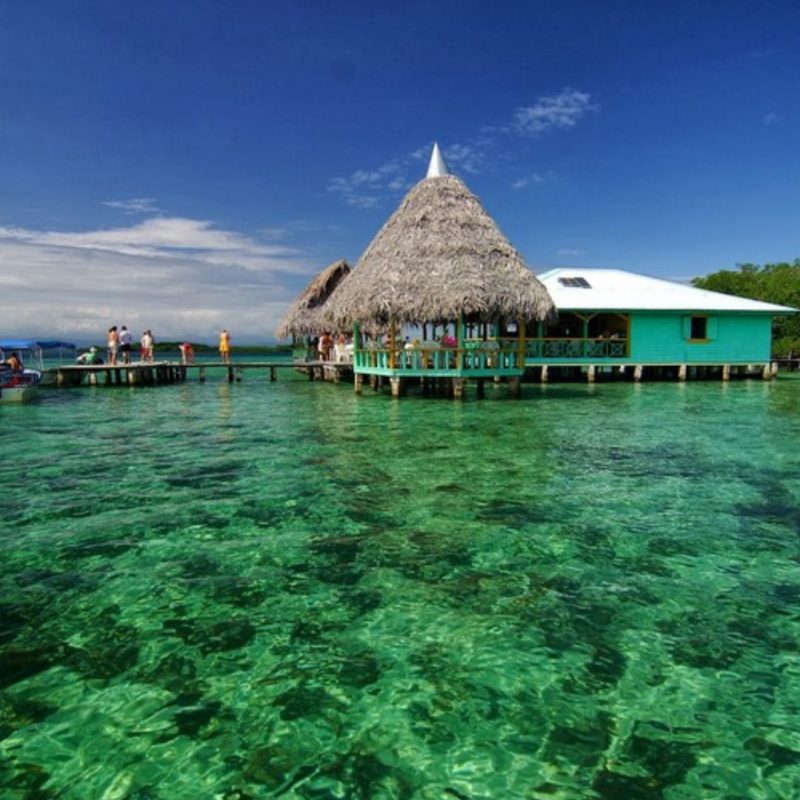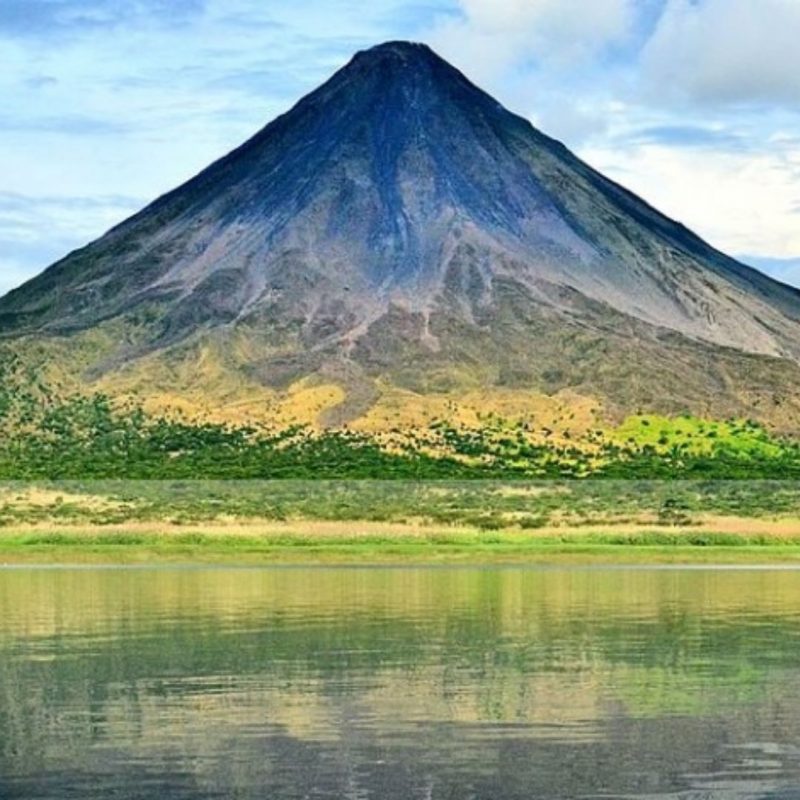Although there can be several reasons, the key is to prioritize them. Each owner may have different situations influencing their decision to sell, and the sale should be developed based on these motives. It’s important to identify both the objective and subjective characteristics of the sale in this preliminary stage.
Objective reasons
These are reasons that justify the owner’s interest in selling. At this stage, the owner analyzes their selling needs and what they expect to achieve by the end of the process. Some reasons might include:
- Improving quality of life
- Moving residence
- Investment purposes
- Changing economic activities
- Others
The owner’s decisions can be influenced by previous situations involving the property, such as inheritance or a longtime family home. Also considered are investments and expenses incurred for repairs and improvements.
When determining the reason for selling, the goal is to project what the owner expects, including the initial price, the estimated time to put the hospitality property on the market, and what they hope to gain from the sale.
It’s important to contact a real estate advisor who can help analyze the fair market price and understand the profile of potential buyers interested in the property.
To achieve a balanced projection, various factors need to be considered, such as location, availability, mortgage studies, inventories, price per square meter in the area, municipal taxes, and other applicable options. Additionally, factors like existing land use studies, environmental certifications, and other pre-project studies conducted for the property or its location must also be taken into account for the sale. It’s important to note that prices are given in ranges and are estimates (not absolute), as no negotiations have been conducted with any clients at this initial stage.
Subjective Responses
The owner must identify these characteristics to correctly position the property in the market. They are subjective because they aim to establish the “emotional” or subjective landscape of potential buyers so that each response helps in marketing, advertising, and promoting the property within the real estate market within a reasonable timeframe.
- Where can I position my property in the market to achieve greater benefits?
- Why would a buyer invest in my property?
- What distinguishes my property from other options in the market?
- What benefits does my property offer to a potential buyer?
It’s crucial to contact a real estate advisory company that can help position your property in the market. Using digital tools and platforms will assist in positioning your property as the best option, expanding its reach, and facilitating a filtering process to study potential interested buyers in advance, thereby streamlining the sales process.




